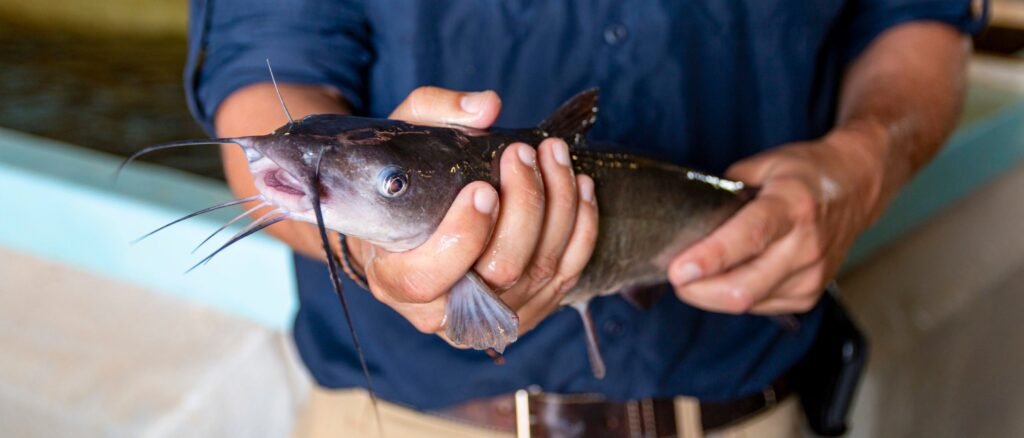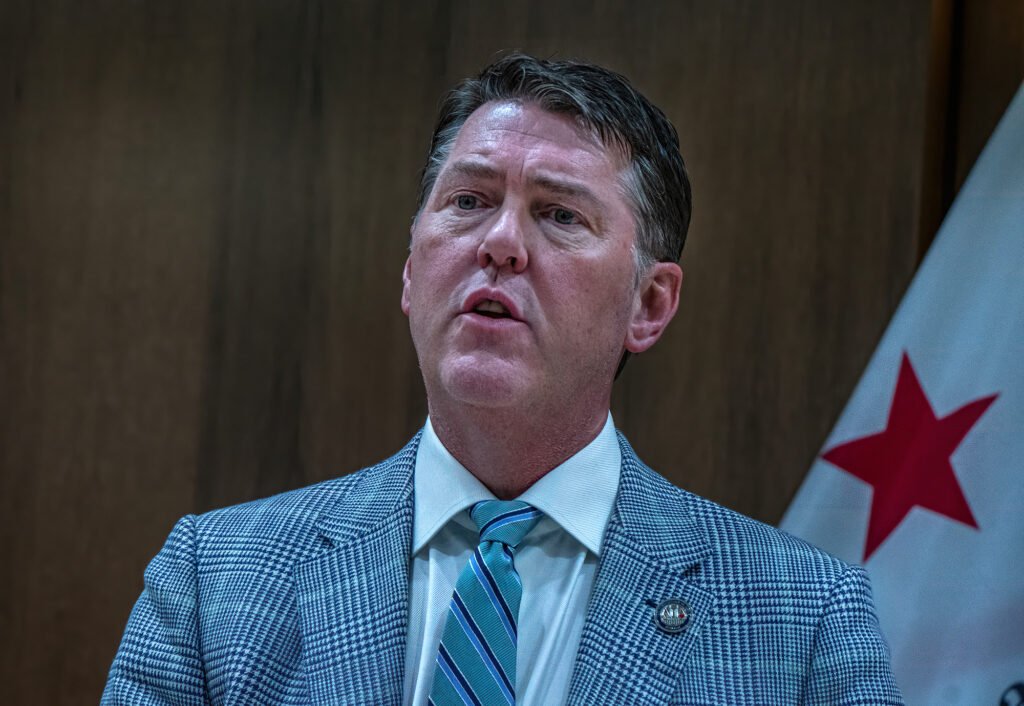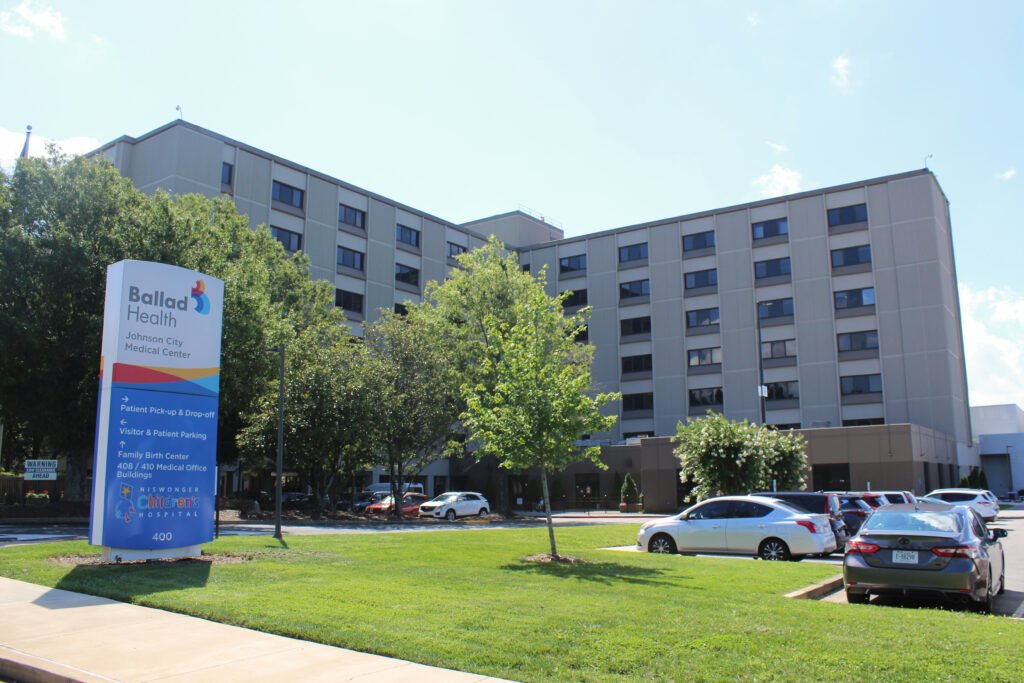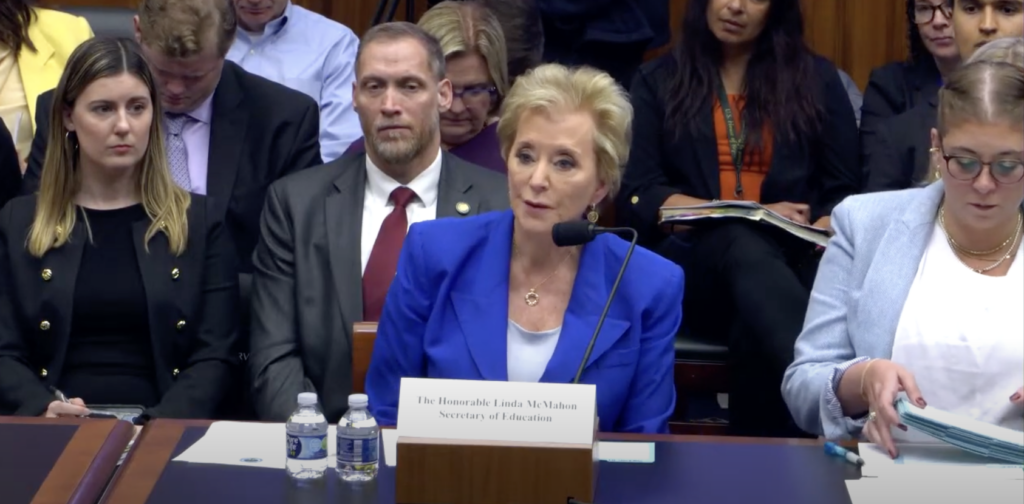Alabama catfish farmers are dealing with a serious problem: oversized catfish growing too big, too fast, according to a report Sunday.
The problem is affecting not only yields but also the economic viability of farms, he said. Alabama News CenterLuckily, help appears to be on the way.
“These fish weigh about 20 pounds. They eat smaller fish and food, so if you send them to a processing plant, they're worthless. It's a big problem. Our fish farms are losing a lot of money,” said Larry Lawson, director of the Research and Extension Center in Auburn University's College of Fisheries, Aquaculture and Aquatic Sciences. (Related: Legend: 15-year-old Ohio girl catches 101-pound catfish)
Auburn University is leading the effort to find a solution to the catfish problem, using resources from facilities on both the east and west sides of the state to help catfish farmers. The E.W. Shell Fisheries Center, located north of the Auburn campus, provides technical expertise to small, family-run catfish farmers, according to the media.
Meanwhile, the Alabama Aquaculture Center (AFFC) in Greensboro focuses on larger commercial operations. Together, the two centers are addressing the challenge of oversized catfish that not only require high feed costs, but also stunt the growth of smaller fish to market size.
Auburn researchers are also studying the rapid growth of hybrid catfish, a species common in the industry that can grow to more than 25 pounds in just three years, creating even more problems for fish farmers because these larger fish often elude capture attempts, Extension professor Luke Roy told the outlet.
The EW Fisheries Center services a family-run “pay-to-fish” operation where local residents can fish in a small pond. Fishermen are paid by the pound for their catch.
“Alabama has an abundance of water, but relatively few places to fish if you don't have a boat,” Lawson said. “Many farmers raise other crops, such as cattle or field crops, but they have ponds on their property that are underutilized and that they open up for fishing.”
















